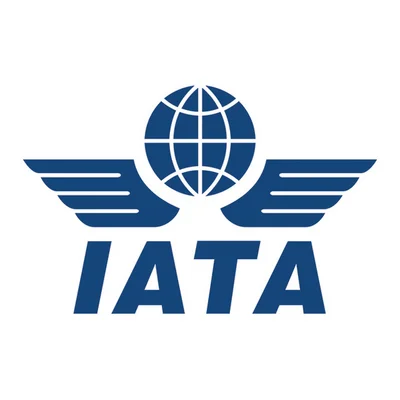These alternative routes often require longer flight times with increased fuel and crew costs. Emirates routinely uses Iranian airspace on westbound services from Dubai to Europe; several flights now use the southern corridor through Egypt. Etihad and Qatar Airways also operate similar detours.
Detours can add 45–90 minutes to long-haul flight times depending on route and aircraft type. Lufthansa confirmed that flights to Tokyo and Seoul were taking up to an hour longer due to restricted airspace.
Following recent US strikes on Iran amid rising regional tensions, several international carriers suspended flights to major Gulf hubs like Dubai, Doha, and Muscat as a precautionary measure. British Airways canceled multiple flights to Dubai and temporarily halted service to Doha and Bahrain; two London–Dubai flights were diverted mid-route during the weekend.
Air France canceled flights to/from Dubai/Riyadh until Tuesday while suspending its Beirut service through June 25; Finnair halted Doha flights until at least June 30. US carriers American Airlines/United Airlines suspended flights respectively bound for Qatar/Dubai.
Asian carriers like Singapore Airlines canceled two Singapore–Dubai flights Sunday with potential further adjustments pending situation developments; Air India avoids Iranian/Iraqi/Israeli airspace while rerouting over parts of Gulf impacting UAE/Qatar/Oman/Kuwait-bound services facing extended times affecting some European/North American routes too. Japan Airlines maintains Doha service but altered path avoiding Persian Gulf/Gulf Oman adding approx 20 mins journey time.
The Middle East is critical for global aviation especially post-Russian airspace closure in 2022 when many European carriers relied more heavily on these routes maintaining eastbound connectivity towards Asia with Iran/Iraq directly along natural axis offering direct routing long-haul since skies restricted forcing longer detours increasing consumption extending duty hours tightening schedule margins experts note changes likely affect both airlines/passengers rerouting adds cost complexity potential rise oil prices following latest US strikes Iran could increase expenses further possibly leading higher fares reduced frequencies aircraft changes affected routes still regional not unfamiliar disruption aviation analyst Alex Macheras told Al Jazeera adapted similar situations before adjusting widebody operations quickly maintaining flexibility networks
 Alerts Sign-up
Alerts Sign-up




































